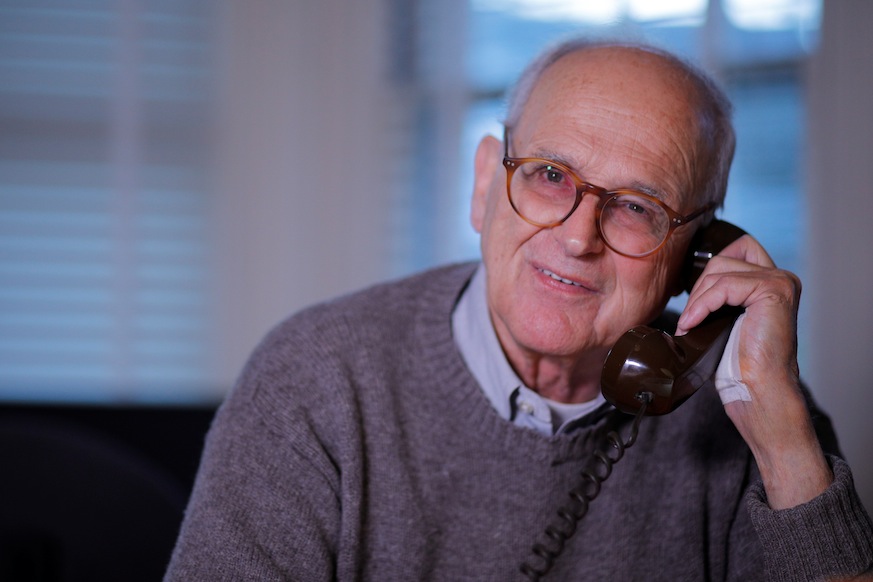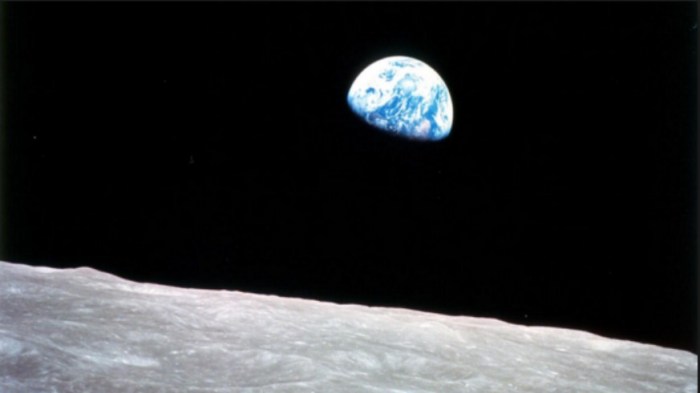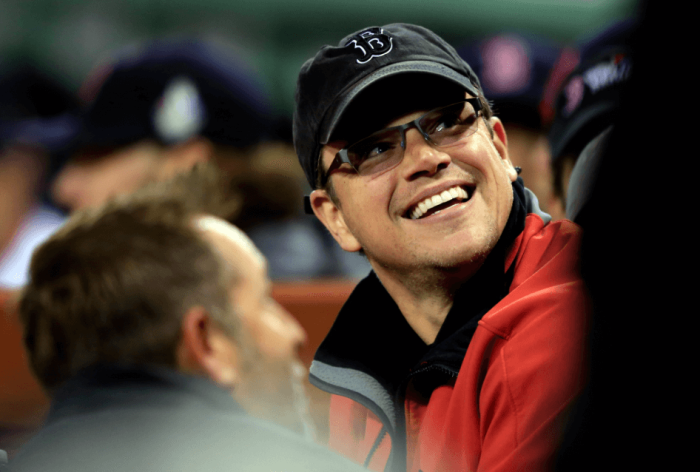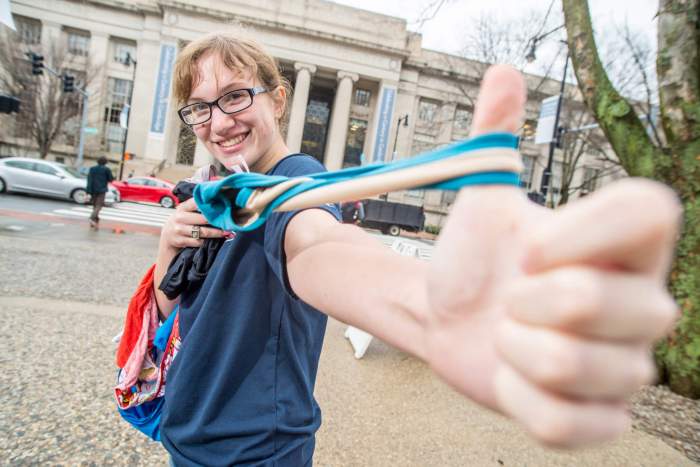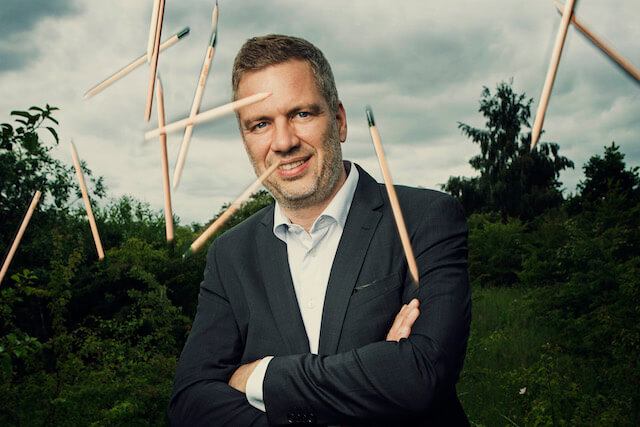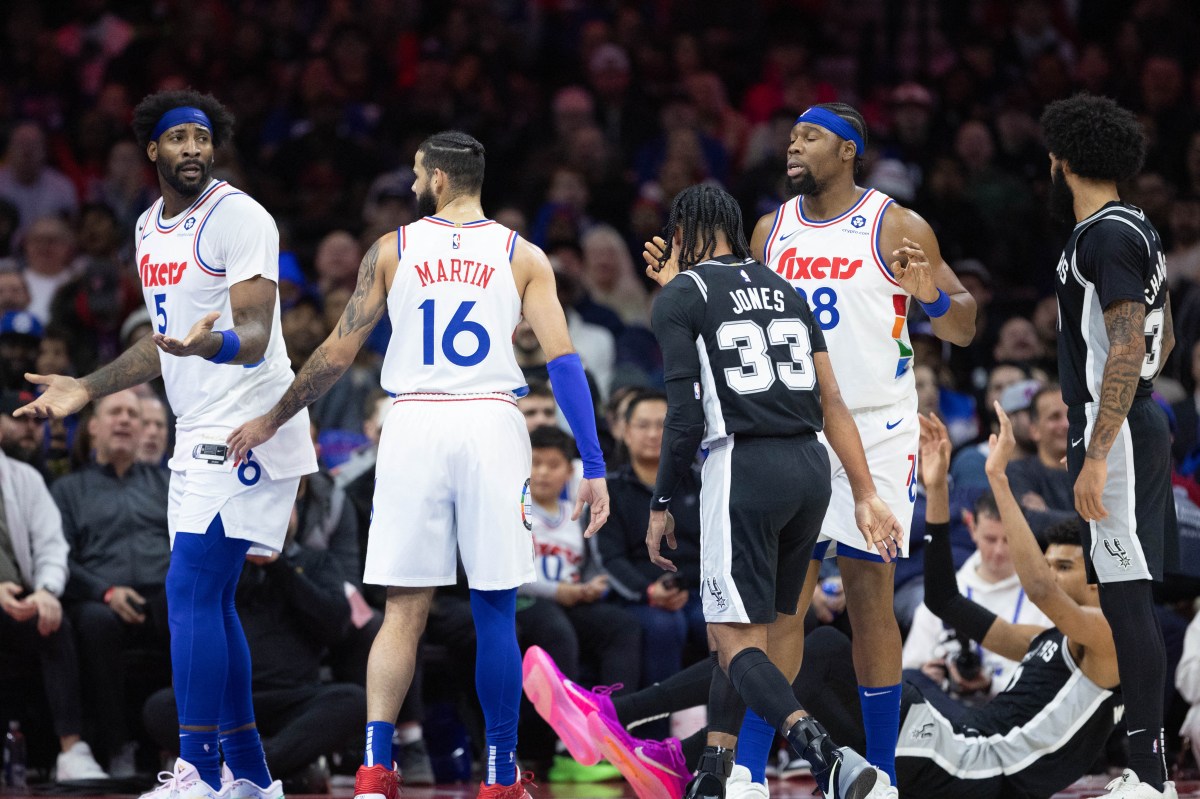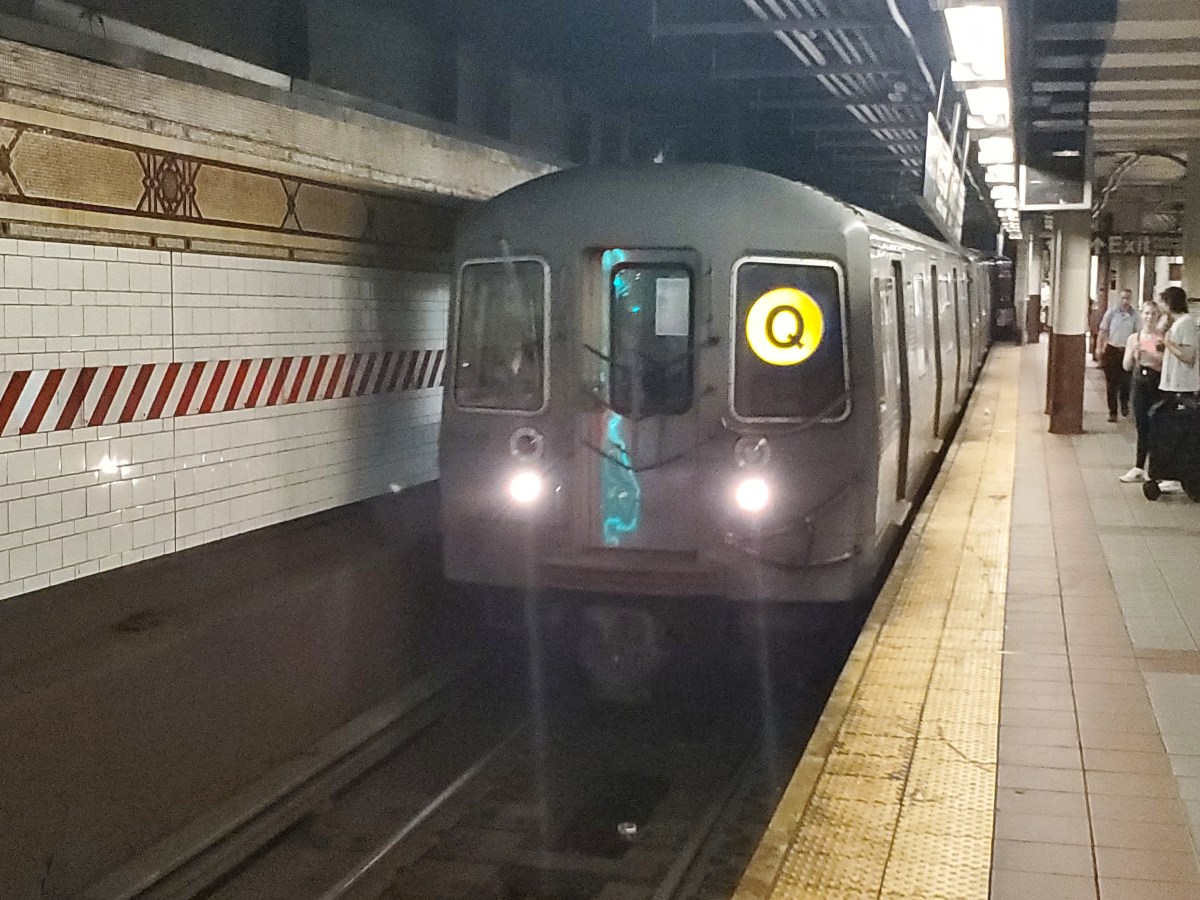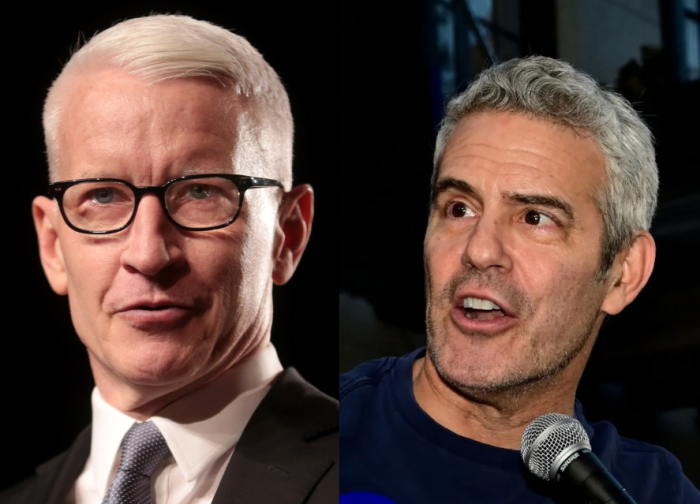One hundred years ago, Albert Einstein predicted the existence of gravitational waves — but he assumed they would never be detectable.
Now, Rainer Weiss, professor emeritus of physics at the Massachusetts Institute of Technology, has won the Nobel Prize in physics for 2017 for his work in finally observing those waves.
Weiss won half of the prize and shares the award with Kip Thorne, professor emeritus of theoretical physics at Caltech, and Barry Barish, professor emeritus of physics at Caltech.
The three were honored for their contributions to the Laser Interferometer Gravitational-Wave Observatory (LIGO) detector and for the observation of gravitational waves.
Sept. 14, 2015 marked the first-ever time that the universe’s gravitational waves were observed. The waves that were detected by LIGO came from a collision between two black holes — something Einstein himself didn’t believe actually existed.
It took 1.3 billion years for those waves, which MIT described as “a ripple from a distant part of the universe, to arrive at the LIGO detector, and with that feat, a “revolution” in astrophysics was ushered in.
“Gravitational waves are an entirely new way of observing the most violent events in space and testing the limits of our knowledge,” the Nobel Foundation explains. The detection of the waves also confirmed Einstein’s theory of relativity.
“I certainly feel humbled to be put in same category as some of giants of physics, people I regard and have read about my entire life. It’s sort of unreal,” Weiss, 85, said at an MIT press conference following the announcement of his win on Tuesday.
“One of the things I dreamt about a while ago was if Einstein was still alive, it would be absolutely wonderful to go to him and tell him about the discovery, and I think he would have been pleased,” he continued. “But if I told him about the discovery of black holes, he would have been absolutely flabbergasted.”
Weiss had been working towards that moment for decades, having come up with the initial design for LIGO about 50 years ago, according to MIT. He teamed up with Thorne in 1976 and the two formed a collaboration between MIT and Caltech; Barish soon joined the team as director of the project.
Weiss received the news of the Nobel Prize win early Tuesday morning, when a phone call woke up him up.
“It was quite a shock, we weren’t expecting it,” he said. “My wife and I thought we only had about a 20 percent chance. Now it’s a fact and it’s wonderful, wonderful not [just] for me but for everybody who has worked on this.”

